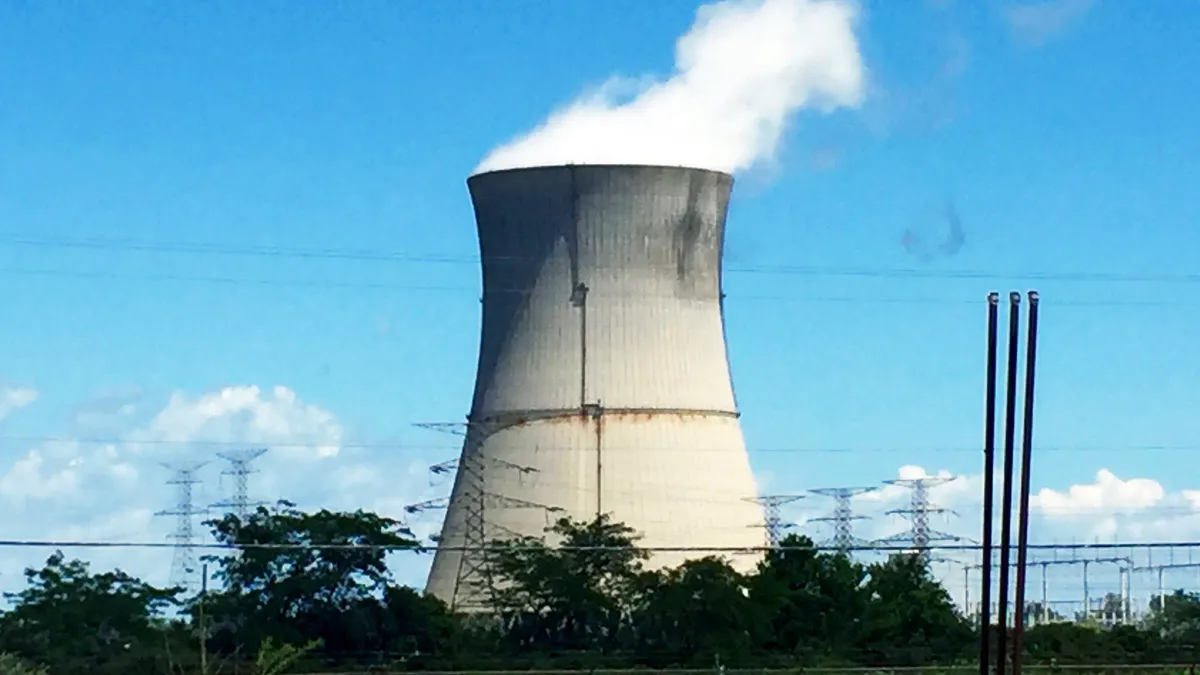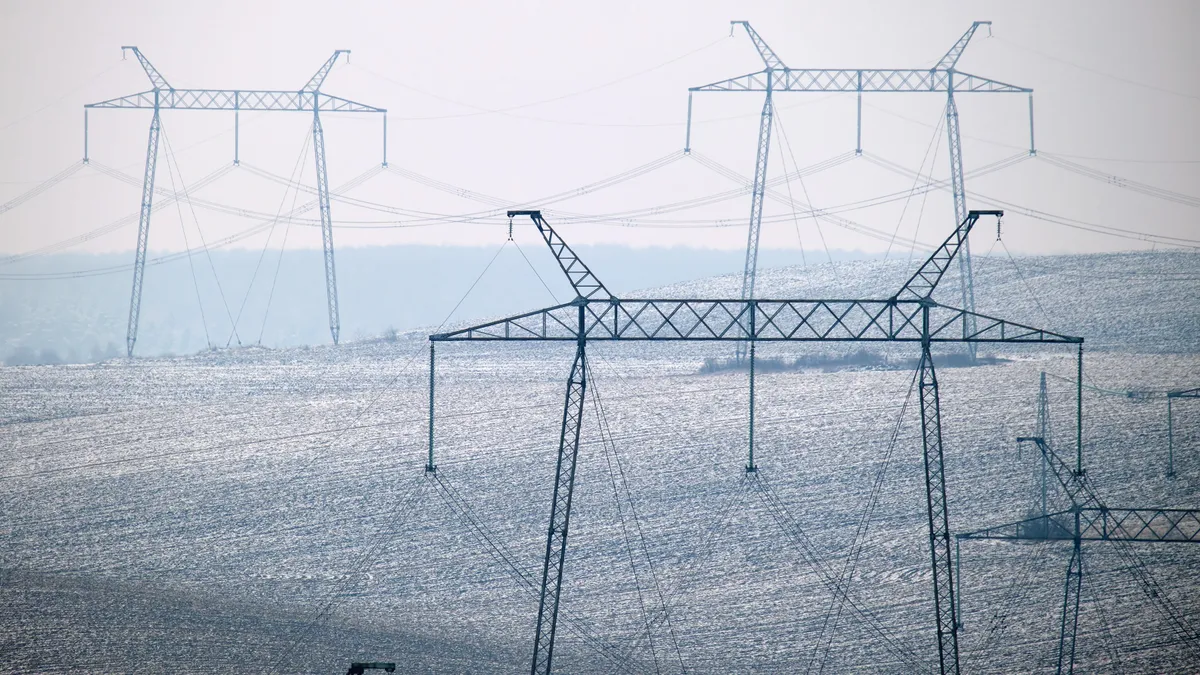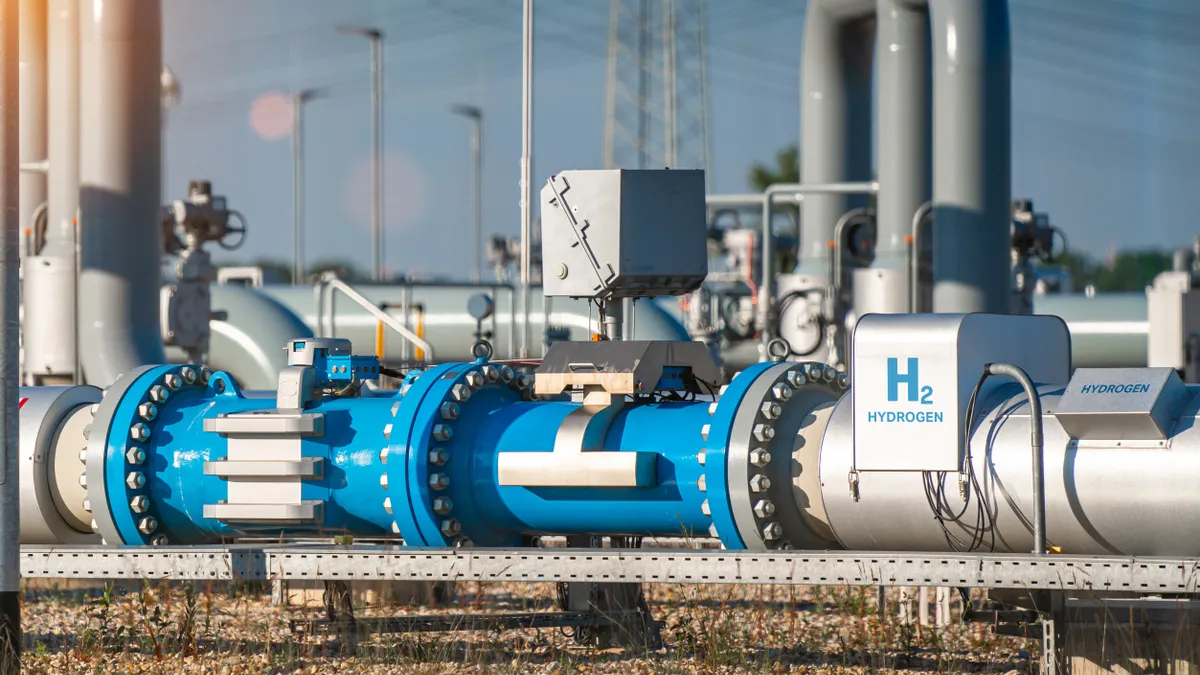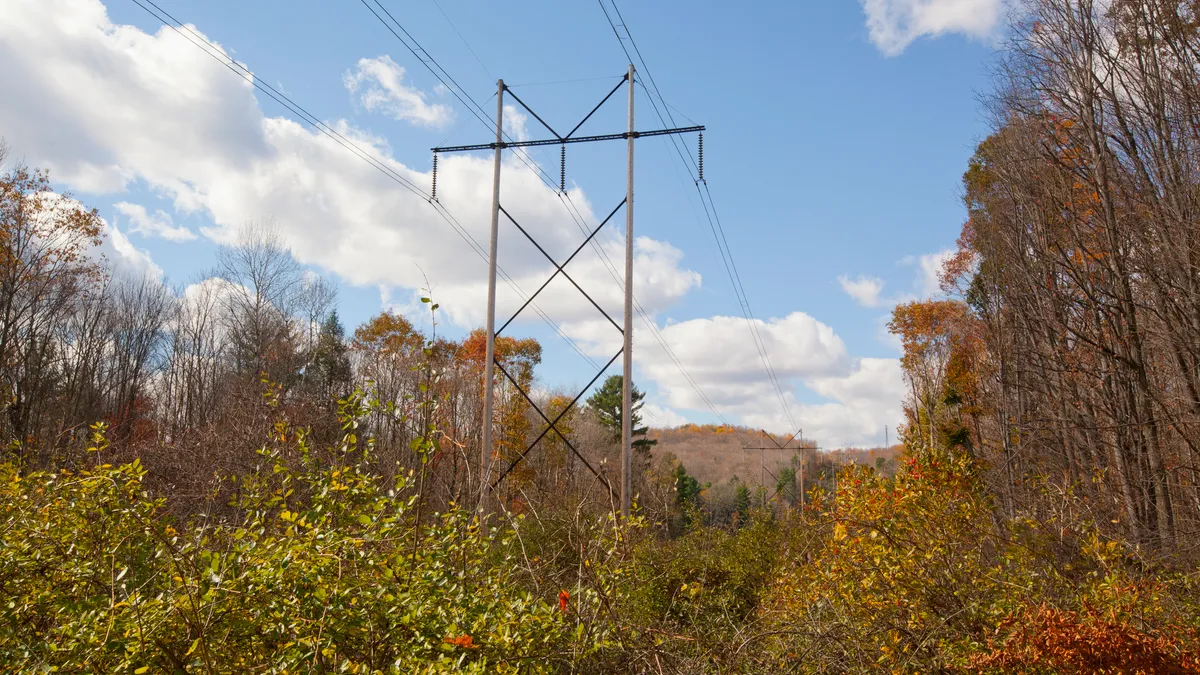The Federal Energy Regulatory Commission should reject a protest by American Electric Power and Exelon over proposed changes to an interconnection service agreement, or ISA, that would provide power directly from a nuclear power plant to an Amazon data center, a Talen Energy subsidiary told the agency Friday.
“It is an unlawful attempt to hijack this limited [ISA] amendment proceeding that they have no stake in and turn it into an ad hoc national referendum on the future of data center load,” Susquehanna Nuclear said.
Talen said in March that it had agreed to sell a planned data center campus in Pennsylvania to Amazon’s cloud computing unit, Amazon Web Services, for $650 million. Talen intends to sell power to AWS from its 2,228 MW stake in the nearby Susquehanna nuclear power plant, according to the company.
AWS has agreed to buy power from Talen in 120-MW increments for the data center, which could grow to 960 MW, according to Talen. AWS also has a one-time option to cap its commitment at 480 MW.
To facilitate the sale of power to the co-located data center, the PJM Interconnection in June asked FERC to approve an amended ISA among the grid operator, Susquehanna Nuclear and PPL Electric Utilities. The amended ISA would increase the behind-the-meter configuration between the power plant and the co-located data center to 480 MW from 300 MW in the existing ISA.
AEP and Exelon — on behalf of their utilities — challenged the ISA, in part because they claim it could cause an annual shift of up to $140 million in transmission costs onto PJM ratepayers. AEP and Exelon said FERC should start a hearing process to consider the issue, or reject the amended ISA outright.
In urging FERC to reject the protest, Susquehanna Nuclear dismissed the utility companies’ concerns about a possible cost shift.
“This calculation is not worth the digital bandwidth it takes to transmit it,” Susquehanna Nuclear said. “It entirely neglects the benefits of privately paying for the delivery facilities needed for the new load, avoiding the socialization of upgrade costs that would be needed if the customer instead connected to the network.”
Susquehanna Nuclear said that holding hearing procedures on the “simple, routine, and non-controversial” rate filing would be a mistake and unwarranted. It would also threaten the viability of a bilateral energy supply agreement that is supported by all parties to the ISA, the Talen subsidiary said.
The main aim of AEP and Exelon’s protest is to delay the power supply arrangement between Susquehanna Nuclear and Amazon, according to Susquehanna Nuclear.
“Delays caused by AEP/Exelon, who are not in any way involved in, or implicated by, the discrete co-located load configuration at issue here, would have an unmistakable chilling effect on future development and generator retention,” Susquehanna Nuclear said. “AEP/Exelon fears losing out on the opportunity to serve large customers who choose to secure their own service behind-the-meter and thereby avoid lengthy interconnection delays and high transmission upgrade costs on the grid.”
The amended ISA includes a series of provisions aimed at making sure Amazon’s co-located load doesn’t harm grid reliability, according to Susquehanna Nuclear.
The amendments to the ISA, for example, specify that Susquehanna Nuclear has installed and will operate and maintain a protection scheme to make sure no power flows from PJM’s network to the co-located load, the company said.
“AEP/Exelon fails to state any rationale for why these reliability provisions are not manifestly just and reasonable under the Commission’s standard of review for this section 205 filing,” Susquehanna Nuclear said. “To the contrary, these changes are good, not bad, if one is concerned about reliability … These provisions add language to preserve reliability and ensure no impact on the transmission grid.”
Further, PJM and PPL have agreed to the amended ISA, according to Susquehanna Nuclear. “Susquehanna Nuclear did not hoodwink PJM and PPL,” the Talen subsidiary said.
The dispute over the ISA comes as nuclear power plant owners such as Constellation and Public Service Enterprise Group are exploring the possibility of selling electricity directly to co-located data centers from their power plants.






















